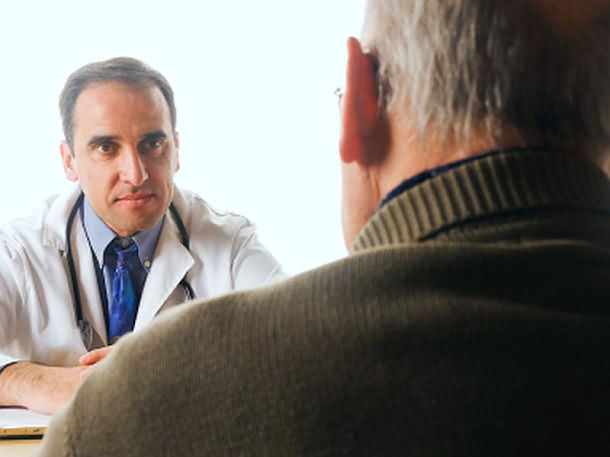
(摘要)在美国癌症幸存者今年达到创纪录的数字,1550万,美国癌症协会预计在另一个十年总数超过2000万。
美国癌症协会的流行病学家首席研究员金伯利•米勒说:“许多癌症幸存者不得不长期应对癌症治疗对生理和心理影响”。“对公共卫生社区来讲怎样关怀这些幸存者的现在和未来的需求是非常重要的”
研究者解释:男性和女性癌症发病率的稳定下降,幸存人数的增长,是因为改进了诊断和治疗,以及人口老龄化的原因。
根据这份报告将近一半的幸存者是70以上的老年人,56%的人是在10年内确诊。五年内确诊不到三分之一。
男性幸存者中大概有前列腺癌(3300000),结肠直肠癌(725000),黑素瘤(614000)。女性幸存者中有乳腺癌(3500000),子宫癌(757000),和结肠或直肠癌症(727000)。
THURSDAY, June 2, 2016 -- Cancer survivors in the United States reached record numbers this year -- 15.5 million -- and the American Cancer Society predicts they'll total more than 20 million in another decade.
But along with these success stories comes a growing demand for medical, emotional and psychological support to aid survivors' long-term recovery, according to a new cancer society report.
"Many cancer survivors have to cope with long-term physical and psychological effects of their cancer treatment," said lead researcher Kimberly Miller, an American Cancer Society epidemiologist. "It's important for the public health community to have a better understanding of the current and future needs of these survivors."
Although cancer rates are declining for men and stable for women, survival numbers are up because of improved detection and treatment, as well as a growing and aging population, the study authors explained.
According to the report, nearly half of survivors are 70 and older, and 56 percent were diagnosed within the past 10 years. One-third were diagnosed less than five years ago.
Among men, survivors were most likely to have had prostate cancer (3.3 million), colon or rectal cancer (725,000), or melanoma (614,000). Women survivors most often had breast cancer (3.5 million), uterine (757,000), and colon or rectal cancer (727,000), the researchers found.
These aren't necessarily the most frequently diagnosed cancers. For example, lung cancer is the second most commonly diagnosed cancer in men, but because of its poor survival rate, it ranks eighth among survivors, Miller said.
While older age is common, survivors' age varies significantly by the kind of cancer, the findings showed. For example, 64 percent of prostate cancer survivors are 70 or older, compared with just 37 percent of melanoma survivors. And more than 65,000 cancer survivors are 14 and under, while 47,000 are 15 to 19, according to the report.
Because of the toll cancer takes on patients and their families, it is important to offer emotional, financial and physical support, said Dr. Stephanie Bernik, chief of surgical oncology at Lenox Hill Hospital in New York City.
"Cancer not only affects a specific organ but has effects on the mind and spirit as well," said Bernik.
Many groups, such as the American Cancer Society and the U.S. National Cancer Institute, have made progress in providing services for patients outside of just the standard medical treatments, Bernik said.
Miller added that local groups of cancer survivors can help provide information and emotional support.
However, much more is needed as the number of cancer survivors increases, Bernik said. "Complicating the matter is the fact that every patient is an individual and often has unique needs. With time, the hope is that more programs will emerge to help with all aspects of cancer care," she said.
Miller added that primary care doctors and survivors must work together to help deal with the lasting effects of the disease.
"A lot of people go to their primary care physician after completing treatment for information, and that's an area where physicians may need more education and support," Miller said.
Primary doctors can help survivors with cancer screening and encourage good habits, such as quitting smoking, eating a healthy diet and exercising. In addition, they can make referrals to mental health experts if a patient is psychologically distressed. "They just need the tools to manage care efficiently," Miller said.
While most patients fare well emotionally, fears of cancer returning or a new cancer developing are common. Family and friends may find that many cancer survivors have "unmet psychosocial and medical needs," the study authors explained.
The report, prepared by the American Cancer Society in collaboration with the U.S. National Cancer Institute, was published online June 2 in CA: A Cancer Journal for Clinicians.
Researchers defined a cancer survivor is anyone with a history of cancer, including those in treatment and those who are cancer-free.




